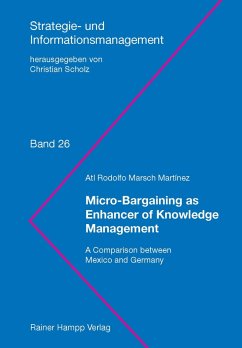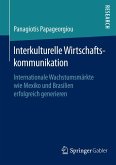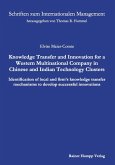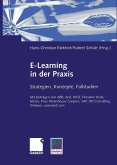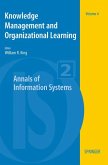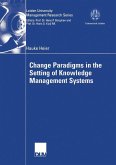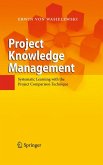Knowledge is a key resource to reach and sustain competitive advantage. Therefore, over the last years, organisations have made several efforts to enhance the creation, storage and leverage of knowledge. Yet, despite vast budgets, several Knowledge Management initiatives have turned out to be fruitless because of the staff¿s recurrent reluctance to share knowledge. The extent to which such reluctance takes place in organisations is determined to a great amount by two phenomena: (1) organisational culture, which determines whether the staff prefer to share or to hoard knowledge and (2) Darwiportunism, which explains the dynamic of two trends in organisations: competition among organisations and opportunism among their staff. With the aim of finding a way to overcome the reluctance to share knowledge, this research analyses the impact of Micro-Bargaining processes on an organisational environment which fosters Knowledge Management. In order to better analyse the cultural influence, this research adopts a cross-cultural approach and compares the causality of Darwiportunism and Micro-Bargaining on Knowledge Management in two countries: Mexico and Germany. Dr. Atl Rodolfo Marsch Martínez (1976) graduated as computer systems engineer (1997) and as master in administration of information technologies (2000) at Instituto Tecnológico y de Estudios Superiores de Monterrey in Mexico. After seven years of professional experience in the fields of information and process management, he moved to Germany to pursue his Ph.D. at the chair of Business Administration - Organisation, Human Resource Management and Information Management (Univ.-Prof. Dr. Christian Scholz) at Saarland University.
Dieser Download kann aus rechtlichen Gründen nur mit Rechnungsadresse in A, B, BG, CY, CZ, D, DK, EW, E, FIN, F, GR, HR, H, IRL, I, LT, L, LR, M, NL, PL, P, R, S, SLO, SK ausgeliefert werden.

